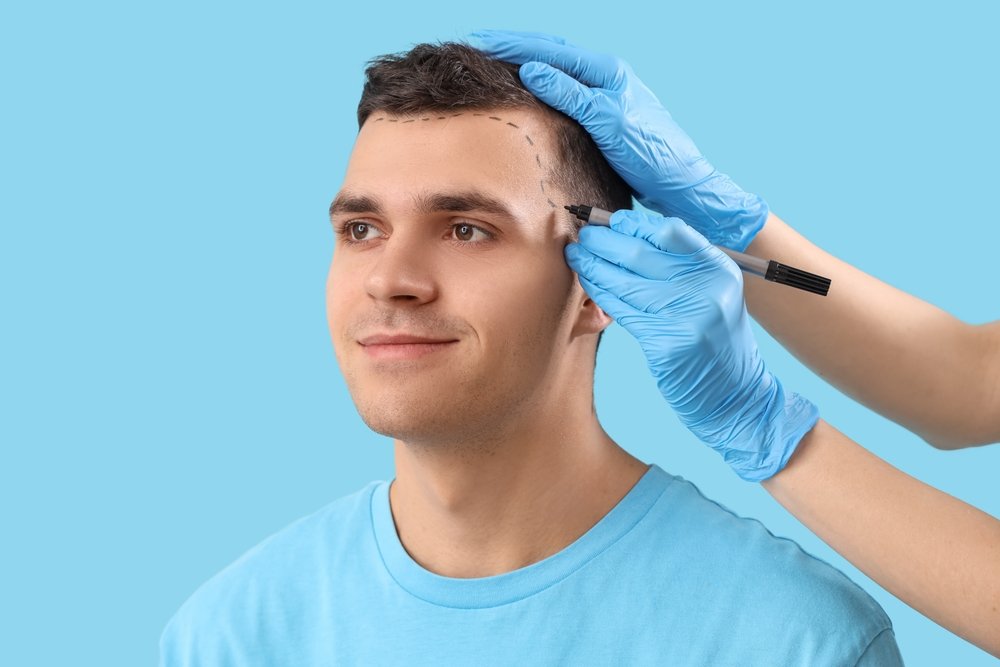15 Frequently Asked Questions About Hair Transplantation in Turkey

15 Frequently Asked Questions About Hair Transplantation in Turkey
1. Why is Turkey the top destination for hair transplants?
Turkey is globally recognized for its affordable, high-quality hair transplant procedures. The country combines experienced surgeons, modern technology, and cost-effective pricing, attracting over 1 million international patients annually.
2. What techniques are used for hair transplantation in Turkey?
Clinics in Turkey use the most advanced techniques, including:
-
FUE (Follicular Unit Extraction)
-
DHI (Direct Hair Implantation)
-
Sapphire FUE
These methods offer minimally invasive procedures, natural results, and quick recovery times.
3. How much does a hair transplant cost in Turkey?
On average, hair transplant procedures in Turkey cost between €1,500 and €3,500, depending on the number of grafts and clinic quality. This is up to 70–80% cheaper than in Western countries.
4. Is the quality of Turkish clinics reliable?
Yes. Many clinics in Turkey, especially in Istanbul, are JCI- and ISO-certified, ensuring high international standards in hygiene, technology, and medical practice. Patients report high satisfaction rates and long-term results.
5. How experienced are Turkish hair transplant surgeons?
Turkish surgeons are among the most experienced globally. Many perform hundreds to thousands of procedures annually and are trained in Europe or North America. Reputable clinics always assign certified professionals, not technicians, for graft extraction and implantation.
6. How long does the procedure take?
A typical hair transplant procedure lasts 6 to 8 hours, depending on the technique and number of grafts. It’s done in one day, and most patients can return to their hotel the same evening.
7. Is the procedure painful?
The procedure is performed under local anesthesia, so patients feel little to no pain. Mild discomfort or tightness may occur afterward, but most clinics provide medications to manage recovery smoothly.
8. How long is the recovery period?
Most patients return to normal activities within 2–3 days, but complete recovery of the scalp takes about 7–10 days. Visible hair regrowth starts after 3–4 months, with full results in 8–12 months.
9. Will my hair look natural?
Yes. When done correctly, modern techniques like FUE and DHI offer extremely natural-looking results, including proper hairline design and direction. Choosing an experienced clinic is essential for this.
10. What’s included in the package prices?
Most hair transplant clinics in Turkey offer all-inclusive packages covering:
-
Pre-surgery consultation
-
Operation and medications
-
3–5 nights in a 4 or 5-star hotel
-
Airport transfers
-
Post-op care products (shampoo, spray, etc.)
-
Translator and support team
11. Are there hidden costs?
Reputable clinics provide clear, upfront pricing. Always ask for a written quote and confirm what’s included. Be cautious of very cheap offers that may cut corners on quality or aftercare.
12. Can women get hair transplants in Turkey?
Yes. Hair transplants are also popular among women suffering from hair thinning, alopecia, or receding hairlines. Specialized techniques can safely restore density without shaving the head completely.
13. Do Turkish clinics offer beard or eyebrow transplants?
Absolutely. Many clinics perform:
-
Beard and mustache transplants
-
Eyebrow reconstruction
-
Chest or body hair transplants
These procedures follow the same safe and effective protocols.
14. Is there a waiting list?
No. One of the benefits of choosing Turkey is quick availability. Most clinics can schedule your procedure within a few days to a week, with flexible travel dates for international patients.
15. How do I choose the right clinic in Turkey?
Do thorough research. Look for:
-
Verified patient reviews
-
Before & after photos
-
Certifications (JCI, ISO)
-
Surgeon credentials
-
Transparent pricing and guarantees
Schedule an online consultation to ask questions and ensure the clinic meets your expectations.